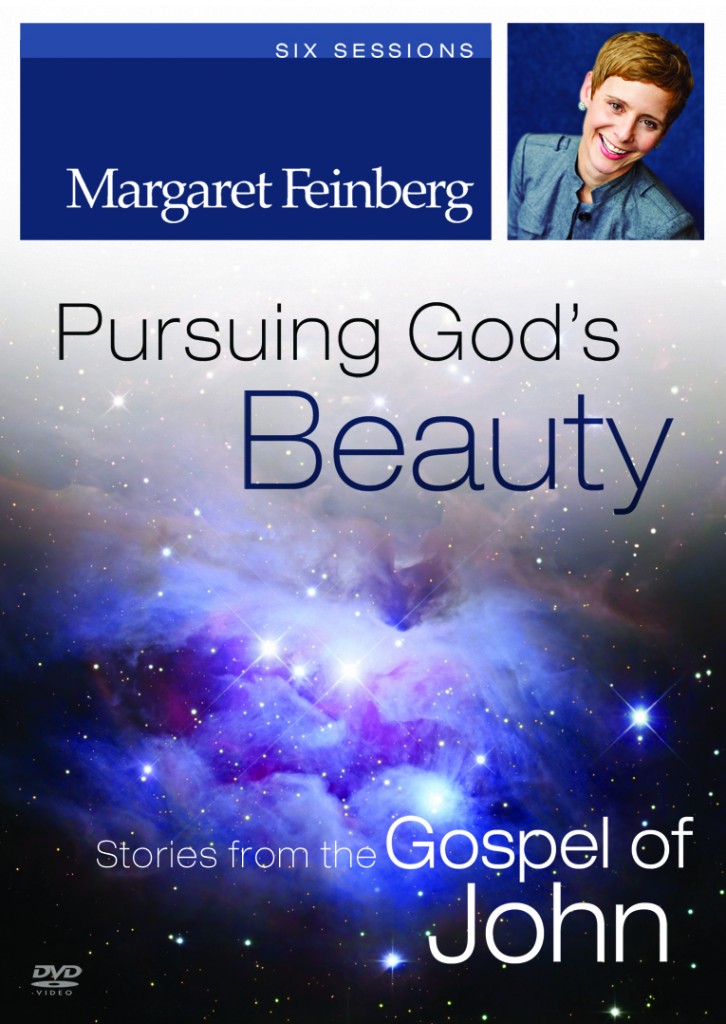
iStockPhoto, user: Noriko Cooper
In the last week, I’ve had multiple pastors ask this question. Maybe it’s one you’re asking, too.
How do I structure my first small group meeting?
I think that pastors are asking it for a couple of reasons:
1. They don’t have small groups in their local church.
They’re trying to get groups off of the ground, and don’t have a template for how a group should launch.
2. They have small groups in their local church, but they want to ensure, as much as possible, that their personal small group succeeds.
I get that. You’re the pastor, and if your group “fails,” it reflects badly on you, who point people to the life-changing power of community. If your group “fails,” does “community” really work? (hint: the answer is that yes, it does still work…but you may just need to think critically about the dynamics of a small group)
The way that you structure your first few meetings will set the tone for the rest of your group’s life. Getting off to a slow start is a massive hindrance to success because relationships aren’t well-formed, group becomes “difficult” for people to attend, and most won’t see it as worth the trouble.
There are a few key principles to keep in mind as you launch your group. Whether that’s a singles group, a couples group, or anything in between, keeping these in mind is important to your group’s short-term and long-term success.
5 Non-Negotiables in Launching Your Small Group
1. Know what the “win” is for your group.
If you don’t know what you’re aiming for, you’ll never know if you hit it. Define the “win” for your group, and keep those front and center as you launch. At the end of the day, it doesn’t matter tremendously (obviously within biblical parameters) what that win is…just that you define it. Define that win and go hard after it. *If you don’t know what the win is for your group, have a conversation with your groups pastor…if you don’t have a groups pastor, talk with your lead pastor for direction.
2. Incorporate “fun” into your group.
You may lead a phenomenal Bible study…but if people don’t feel like they’re having “fun,” they won’t come back. Don’t believe me? No problem…just test it out. Don’t laugh or play a game or have any fun, and see if people come back. After you’ve tried that, and your group has dissolved to 1, come on back and read this again. The reality is that people can get great Bible studies anywhere: podcasts, books, blogs, and forums. They can’t get a real, authentic, enjoyable relationship with people from a podcast, though. I’ve written about this more extensively HERE and HERE.
3. Incorporate “serving” into your group.
If you don’t launch with a focus on serving together, your group won’t naturally gravitate towards it. You have to build this as a value into your group. Whether your goal is once/week, once/month, or once/quarter, set some goals and offer some ideas for the group to chew on. Maybe it’ll be a ministry you believe in. Maybe it’s something in your neighborhood. Maybe it’s something that someone else in the group is passionate about. That’s not as important as building in the idea of serving your community.
4. Share your faith story.
Sharing your faith story, and encouraging others to do the same, is essential to building healthy community. If, in the first 8 weeks of your group, you haven’t done this, your group will feel stale and cold. Lecturers have no need to share their story…but small group leaders do! This is a vital step to building authentic community.
5. Share responsibility.
Don’t hoard the responsibilities you’ve been entrusted with in leading your group. It’s important that everything gets done, but you don’t need to do everything. In fact, if you do everything, you’ll burnout. You’ll also not equip others to lead and use their gifts and resources, which should be a role of all group leaders…equipping others to do the work of the ministry by fleshing out their gifts.
When you’re ready to launch your group, keep these 5 non-negotiables handy.
Question: Do you lead a small group? What am I missing? Anything you would add?
*photo credit: iStockPhoto, Digital Skillet









